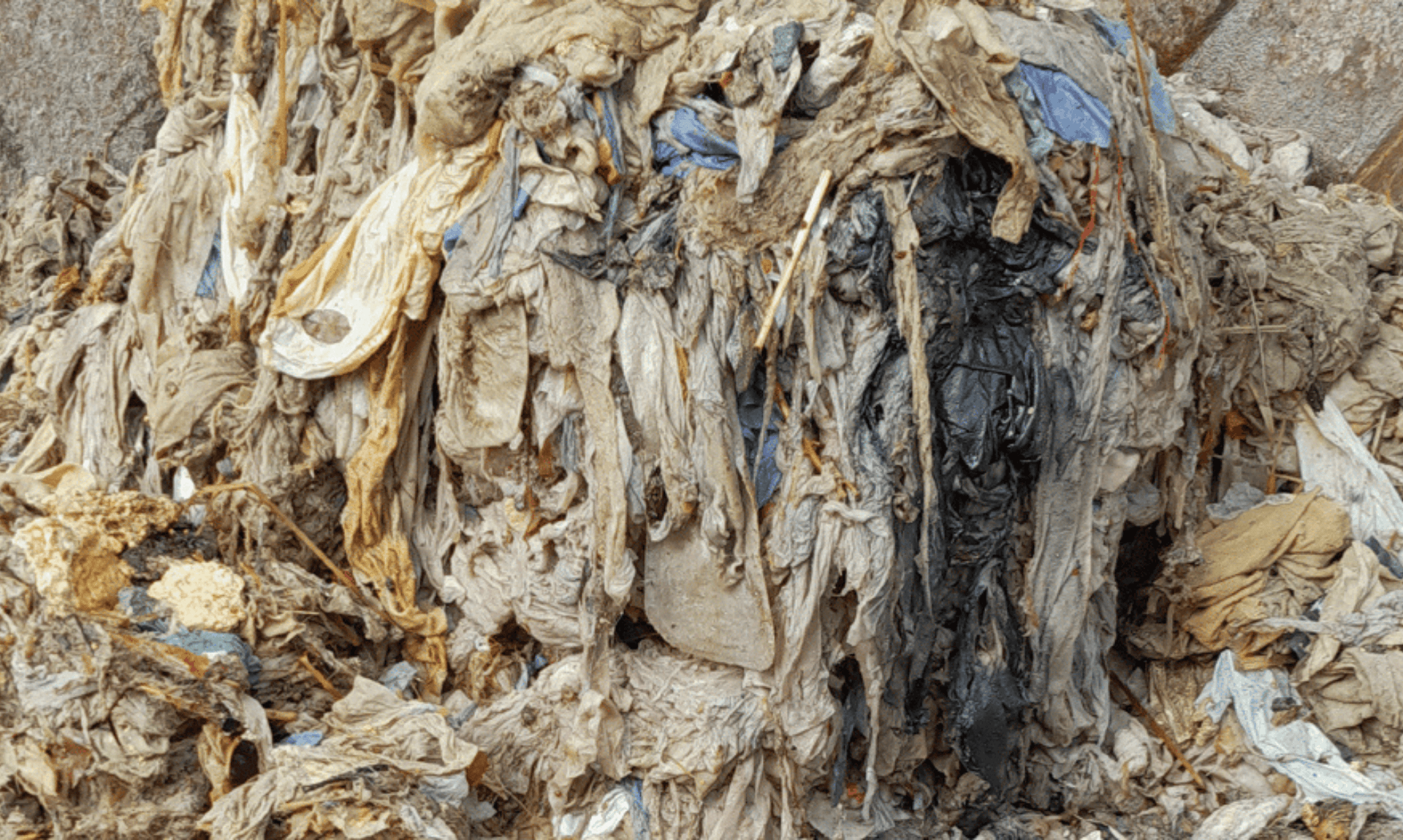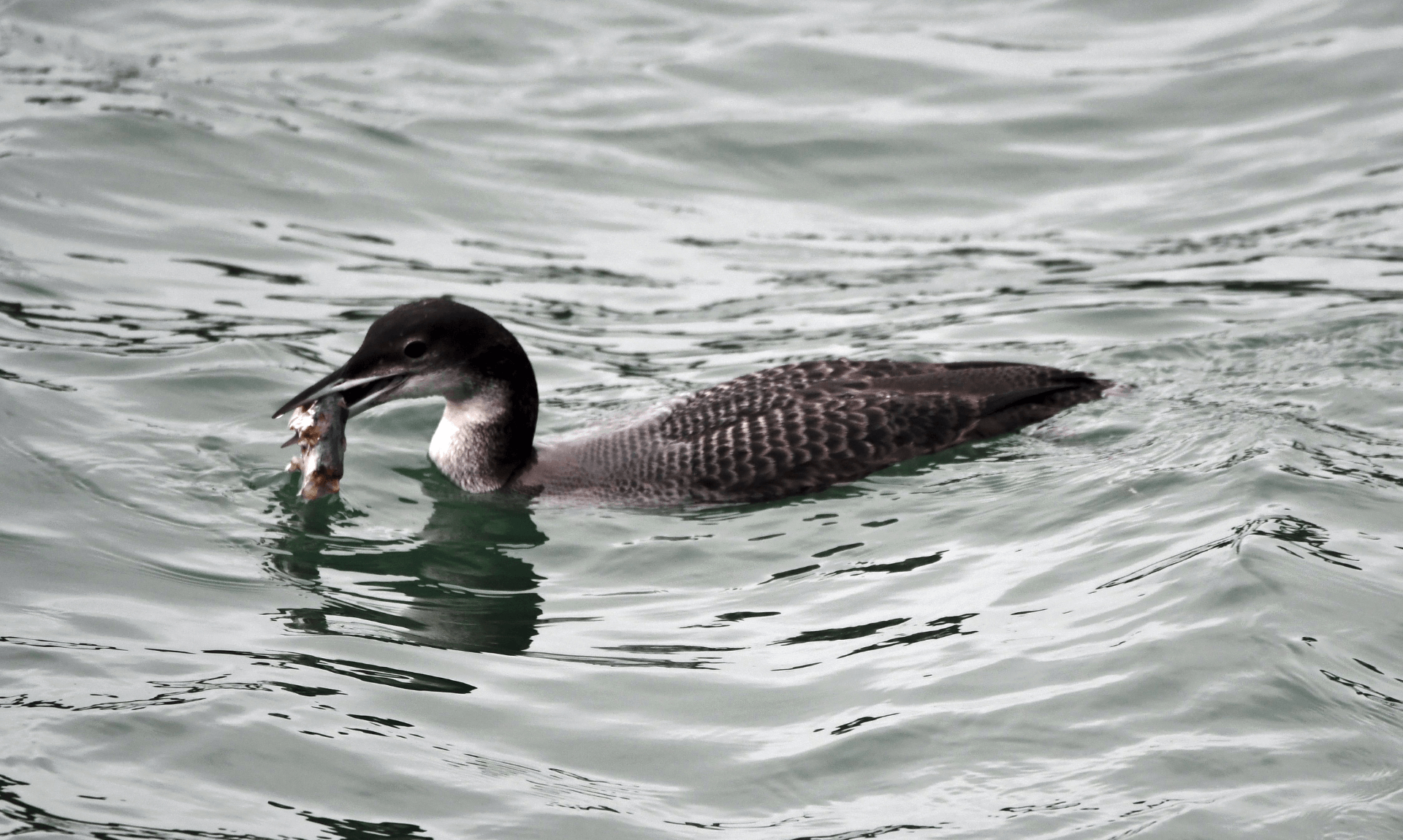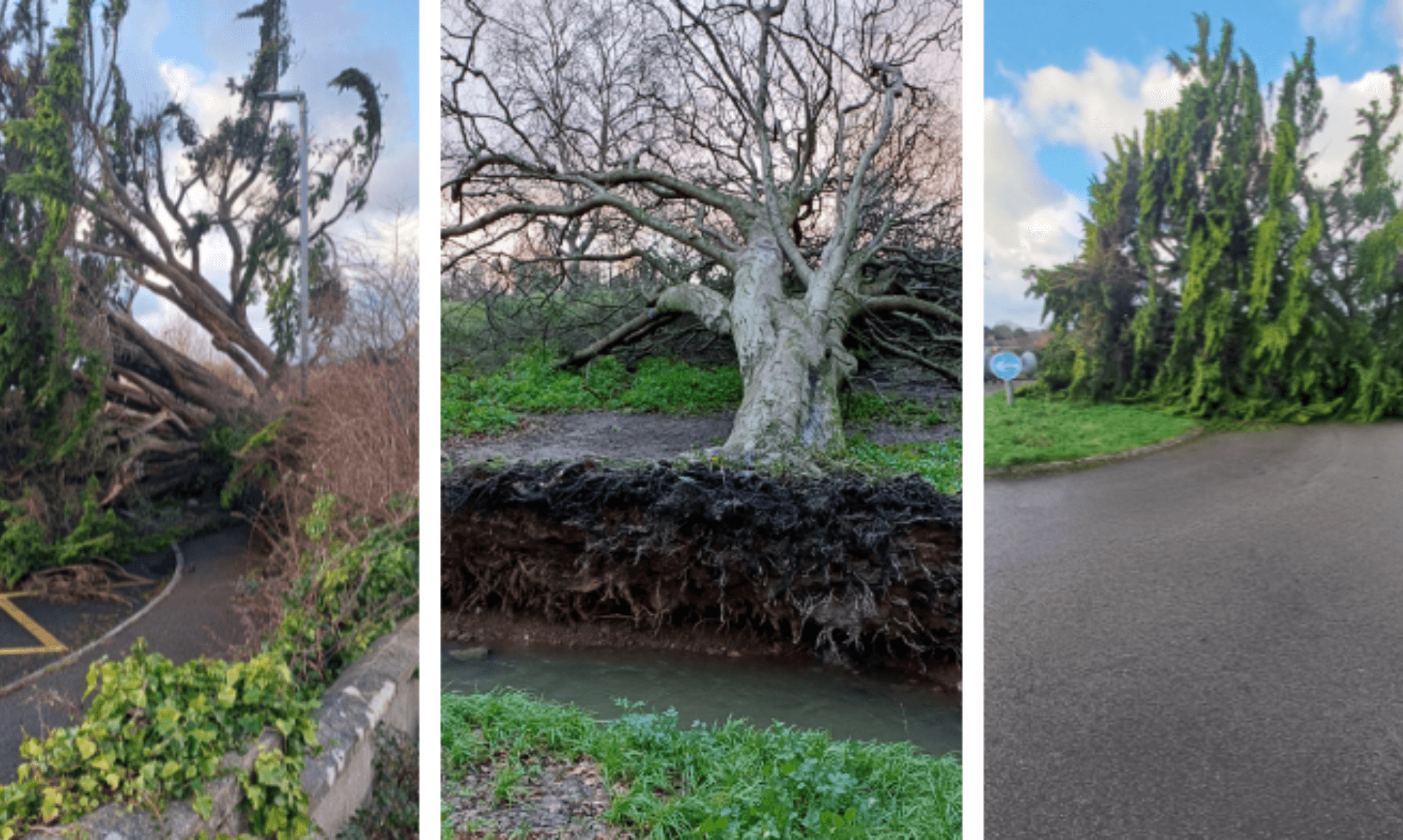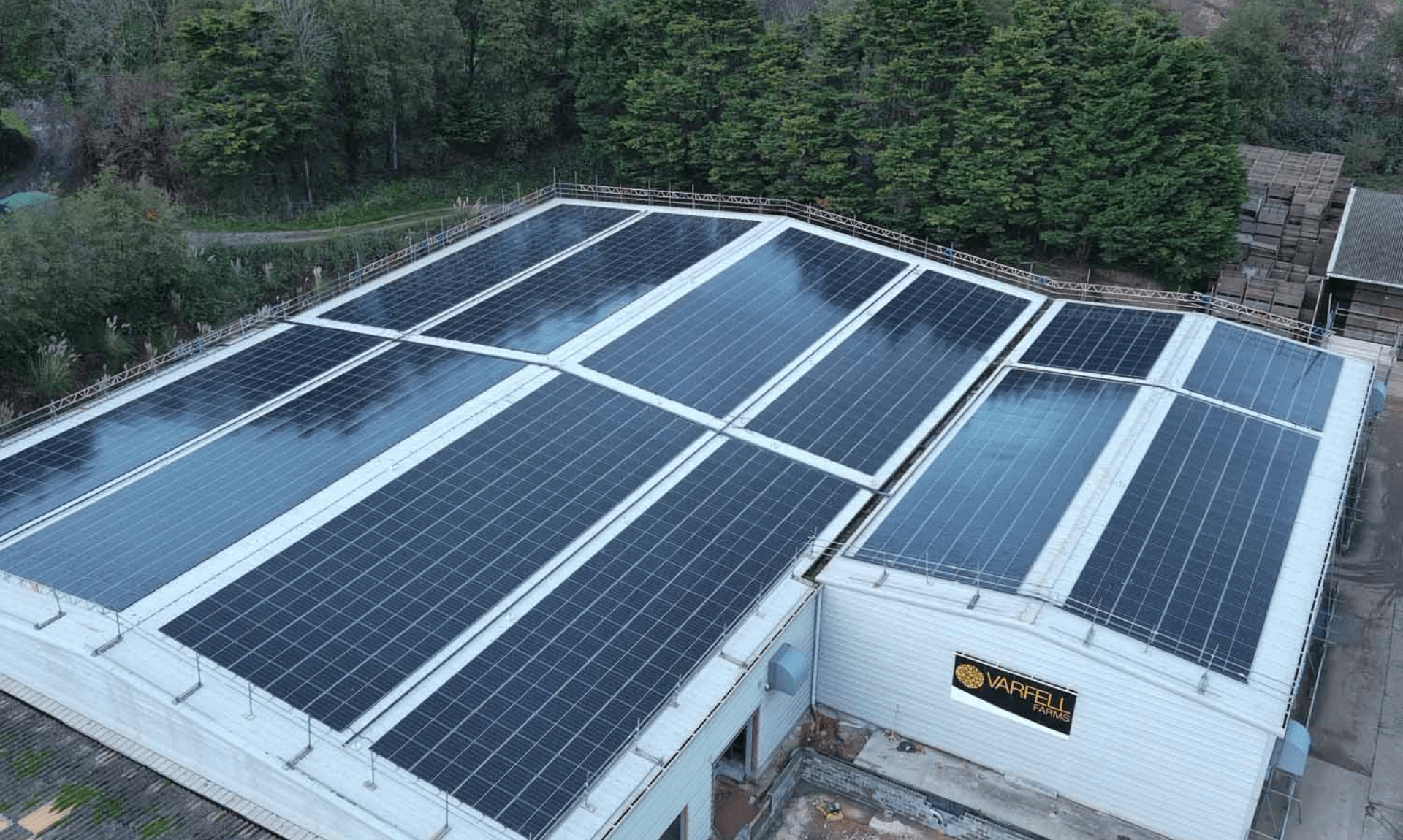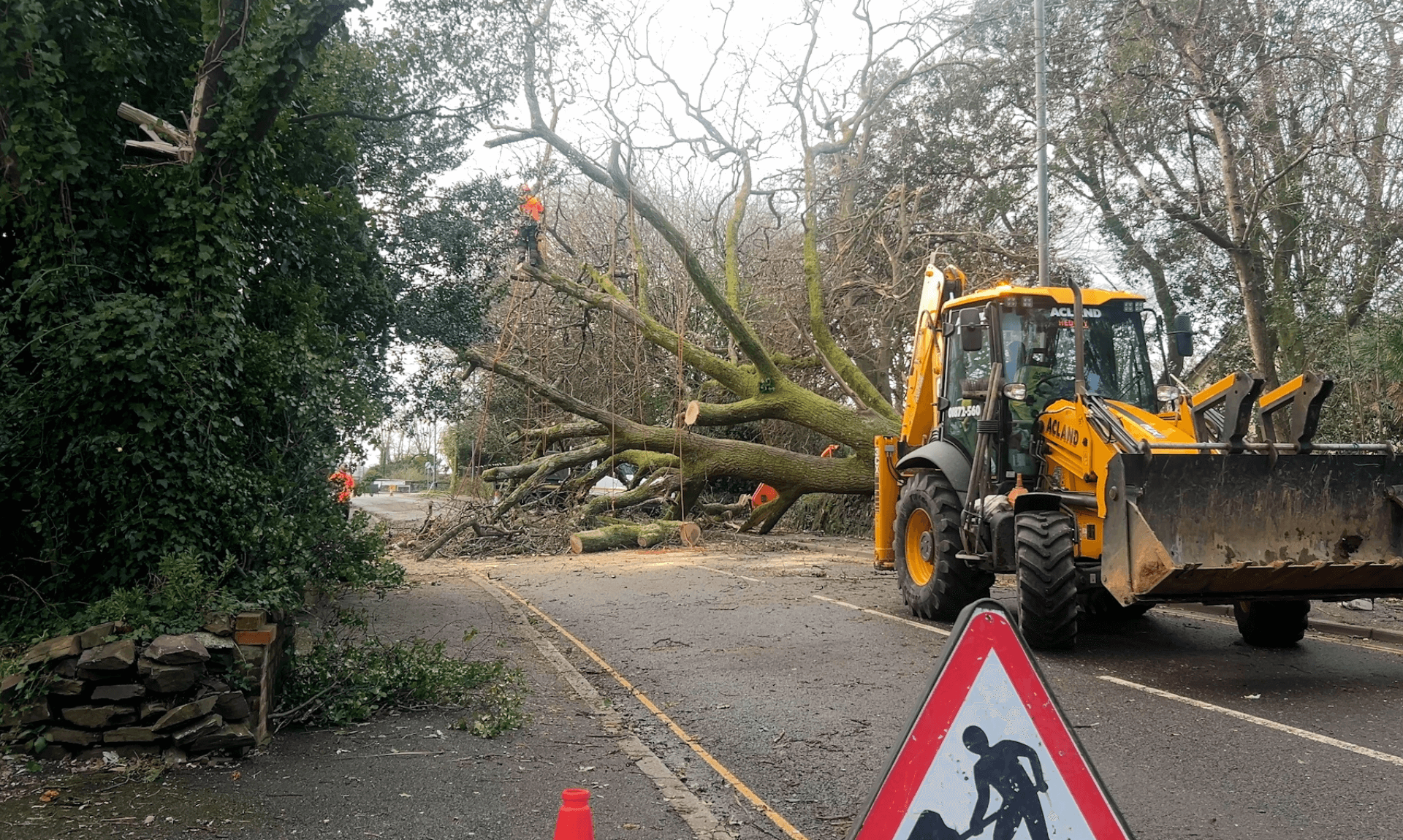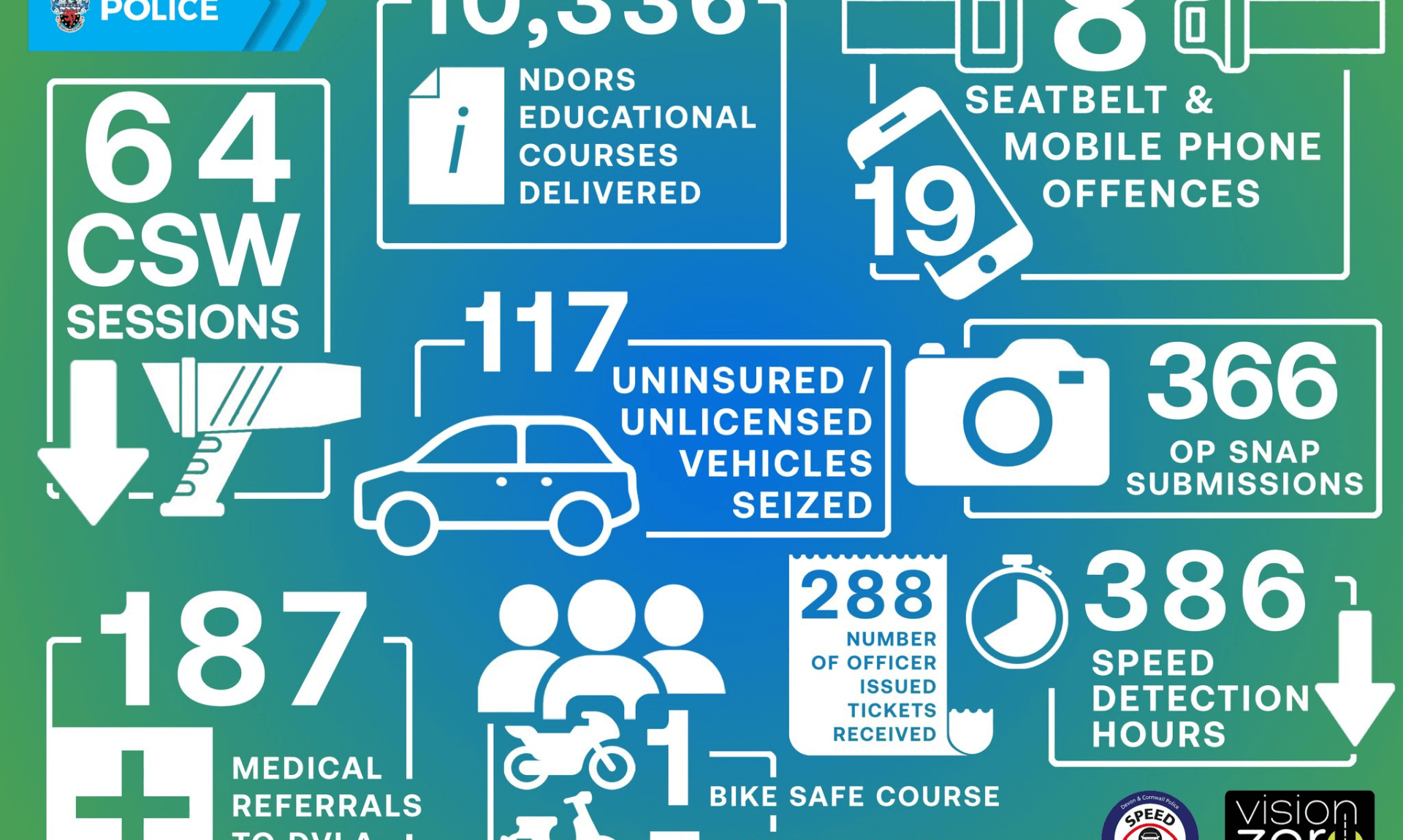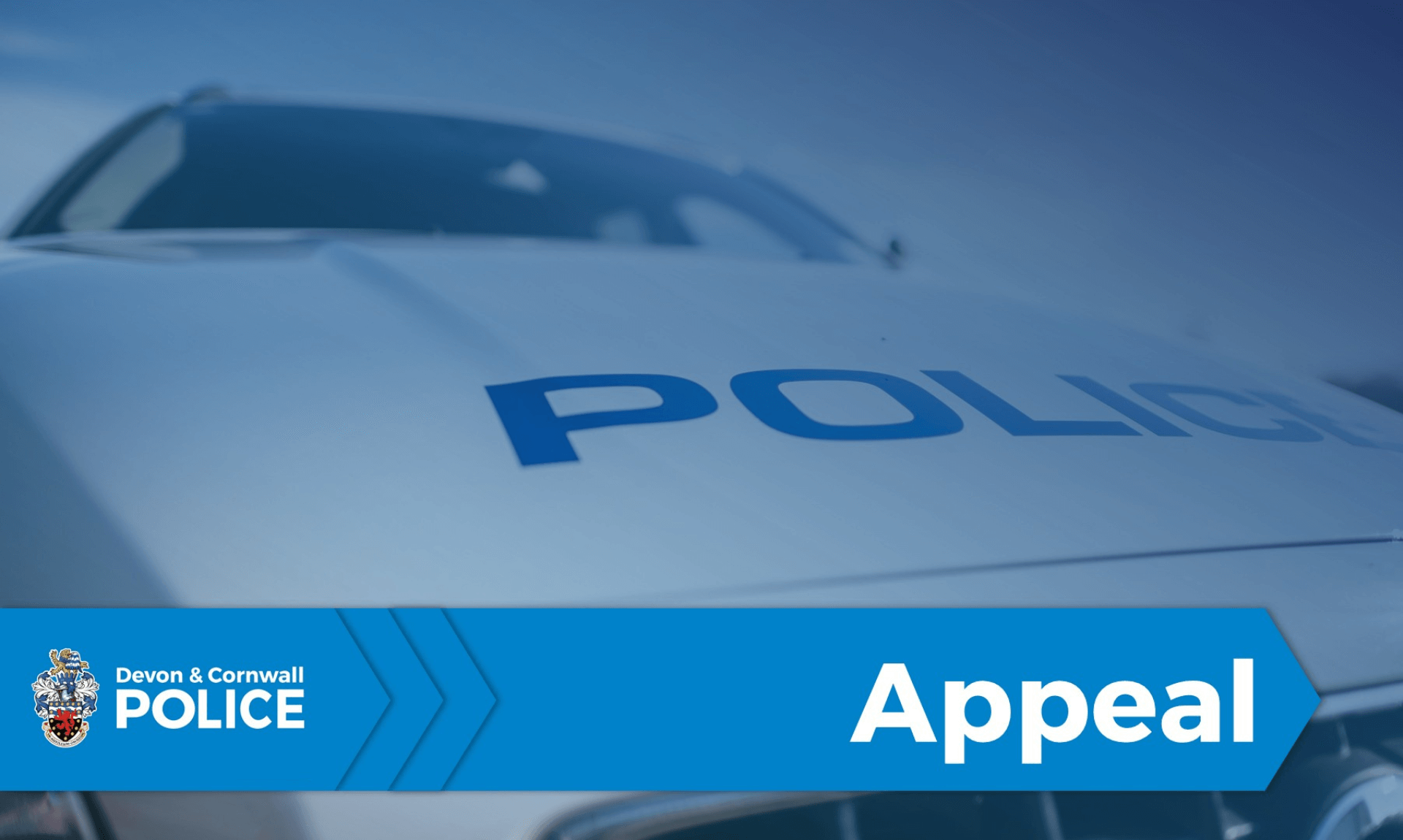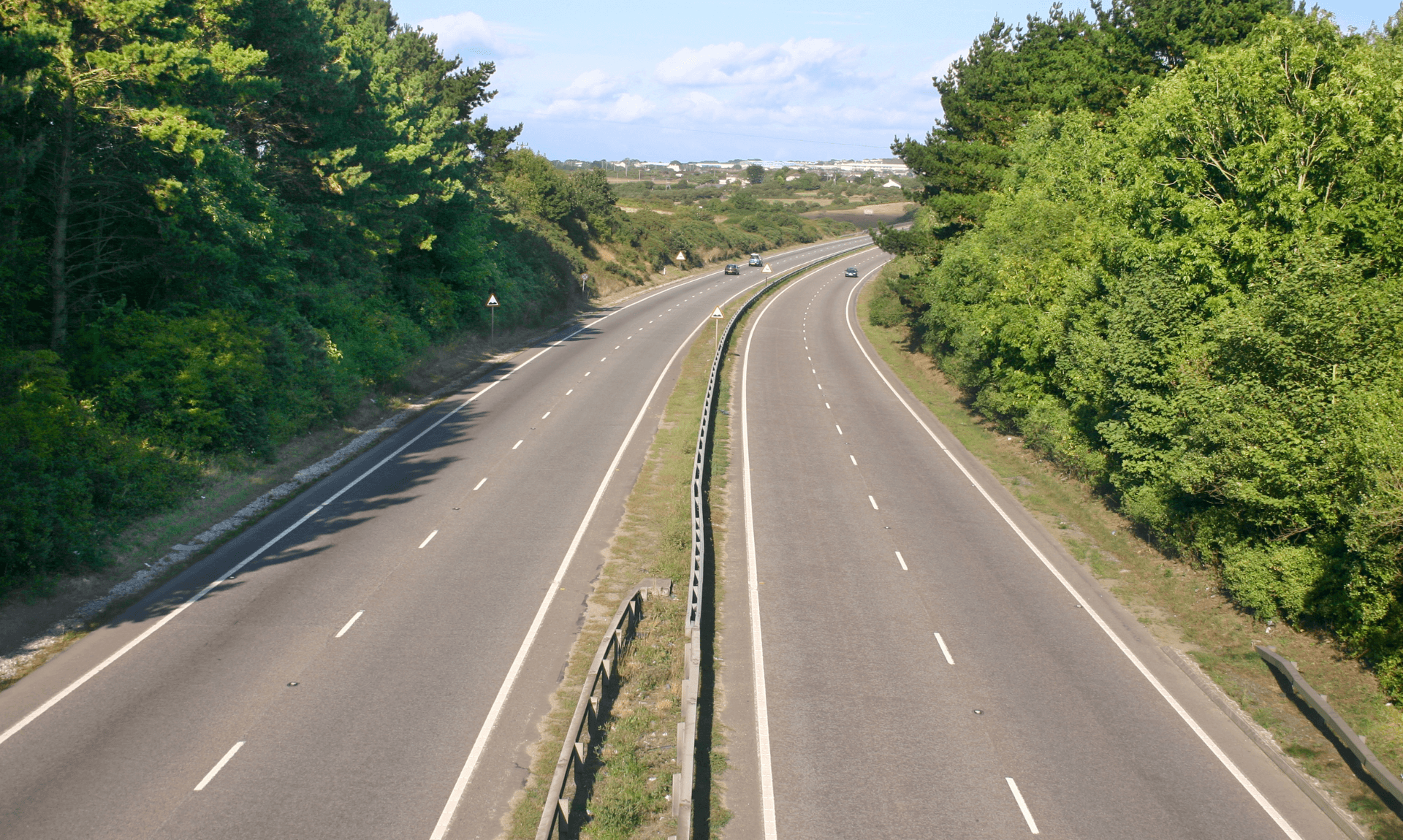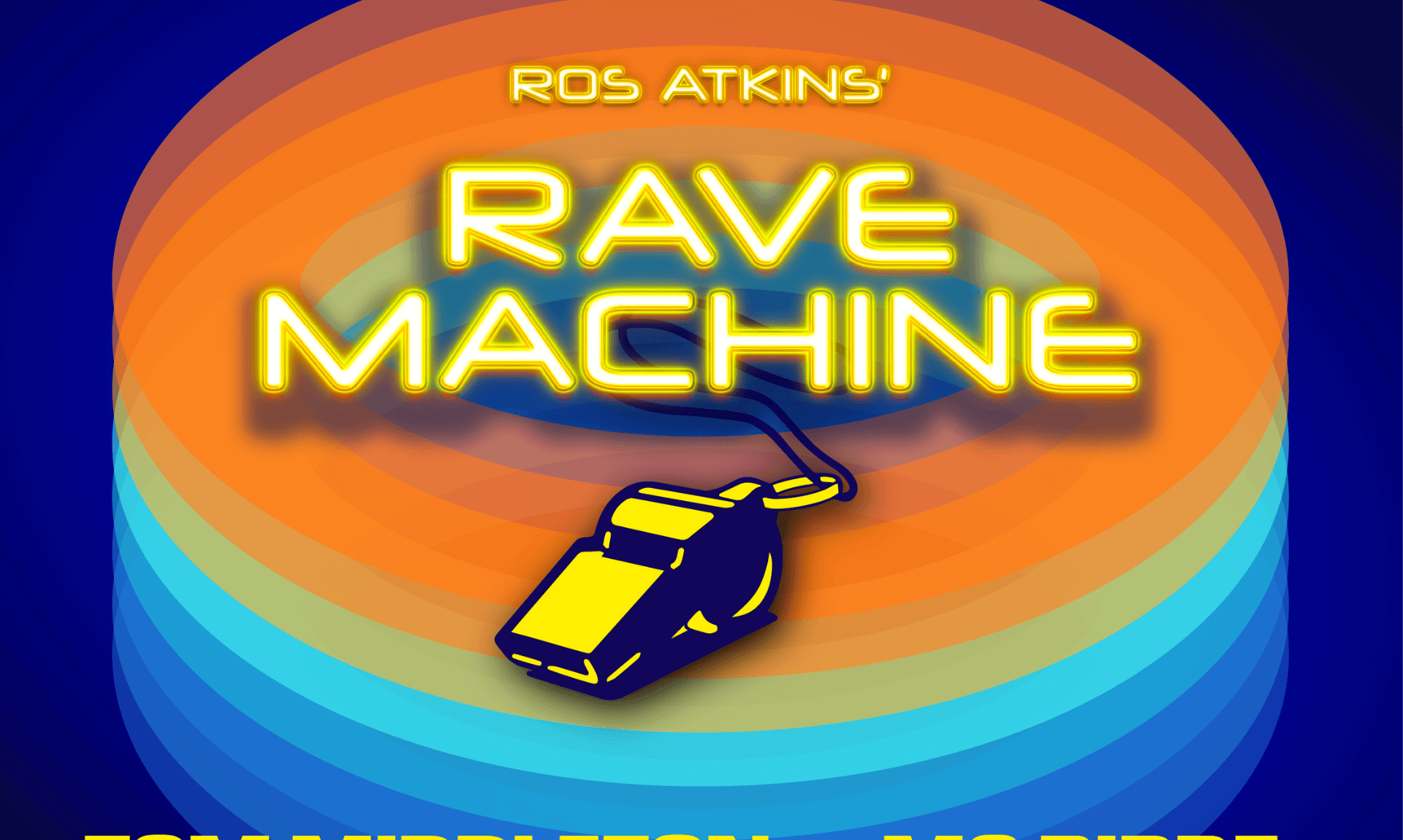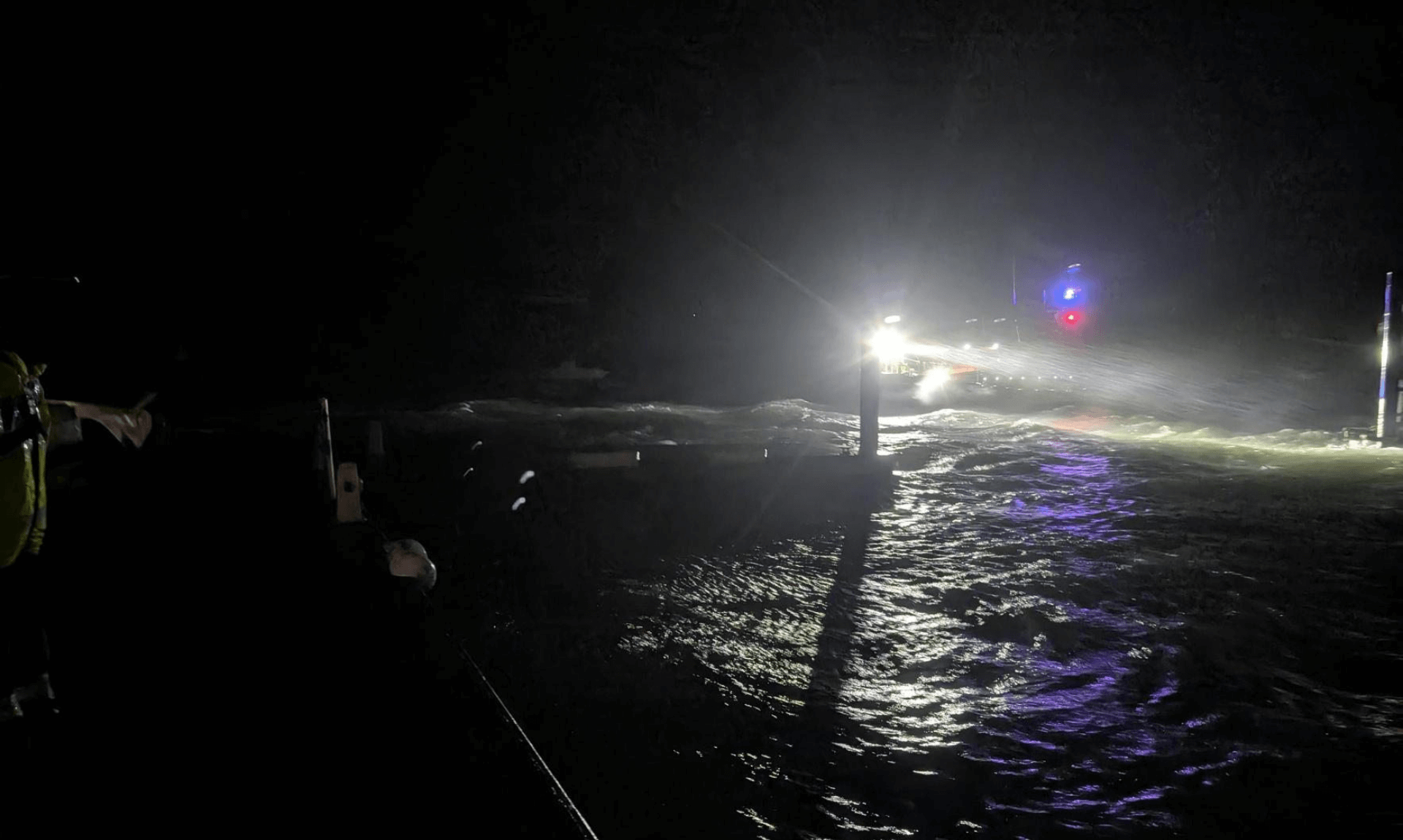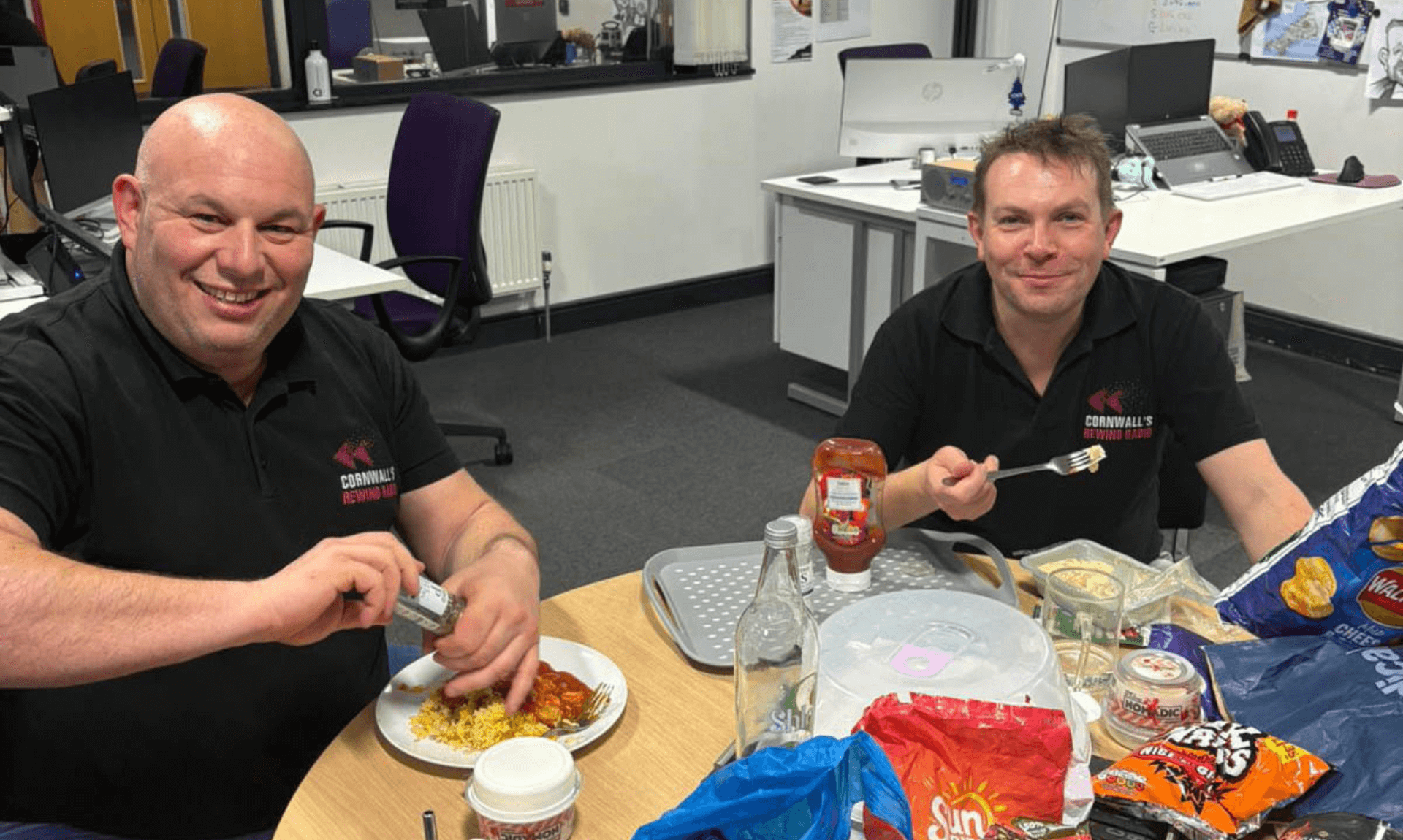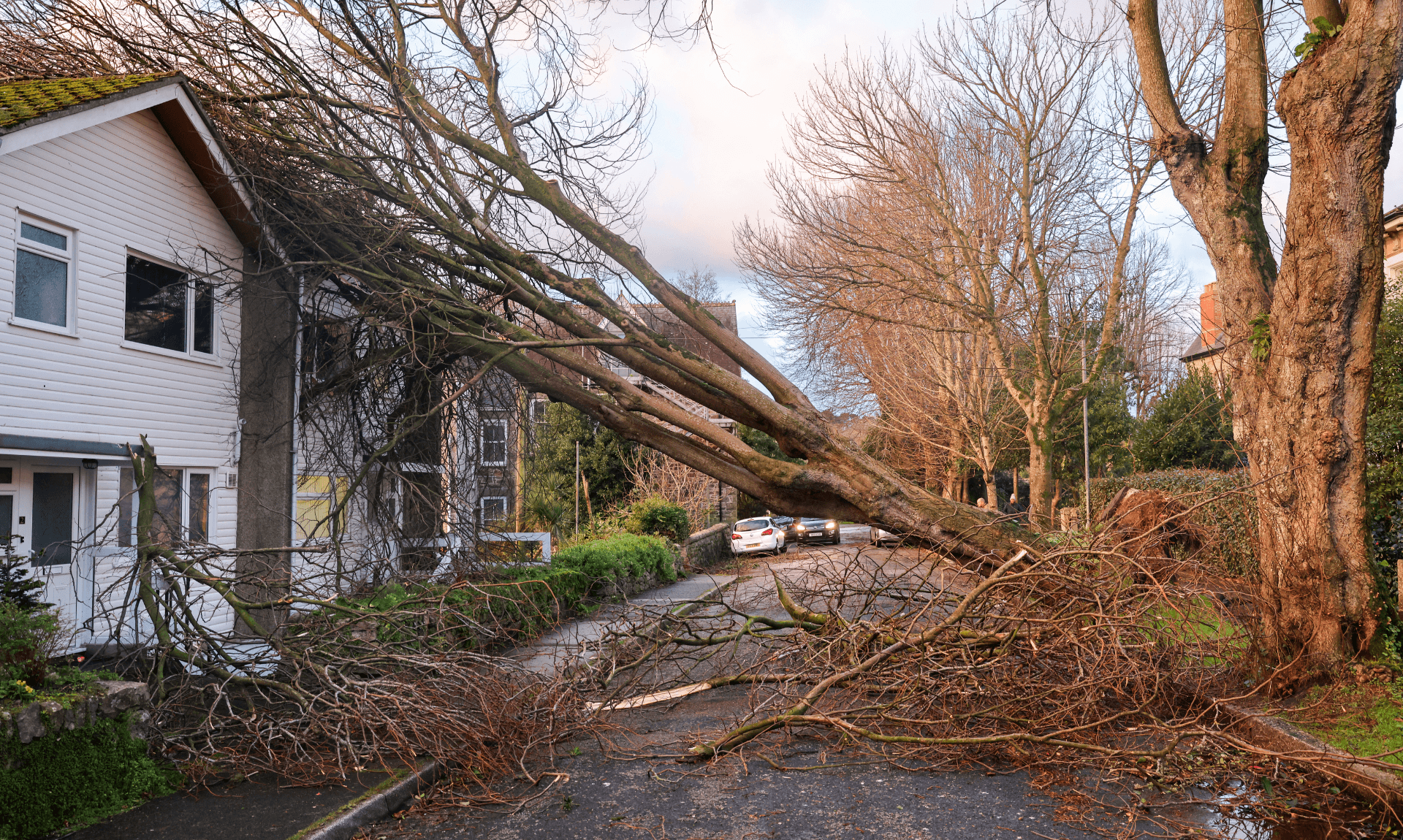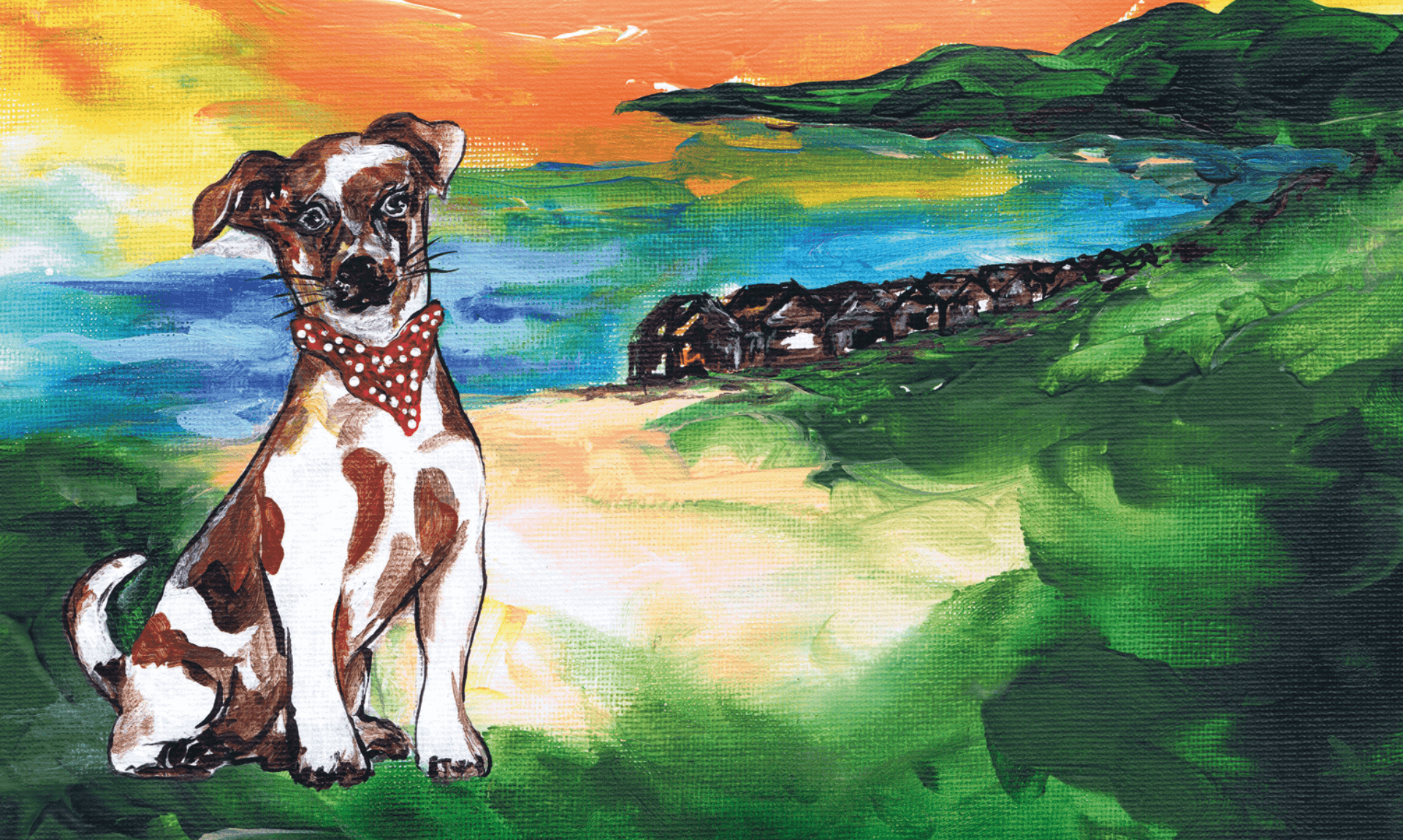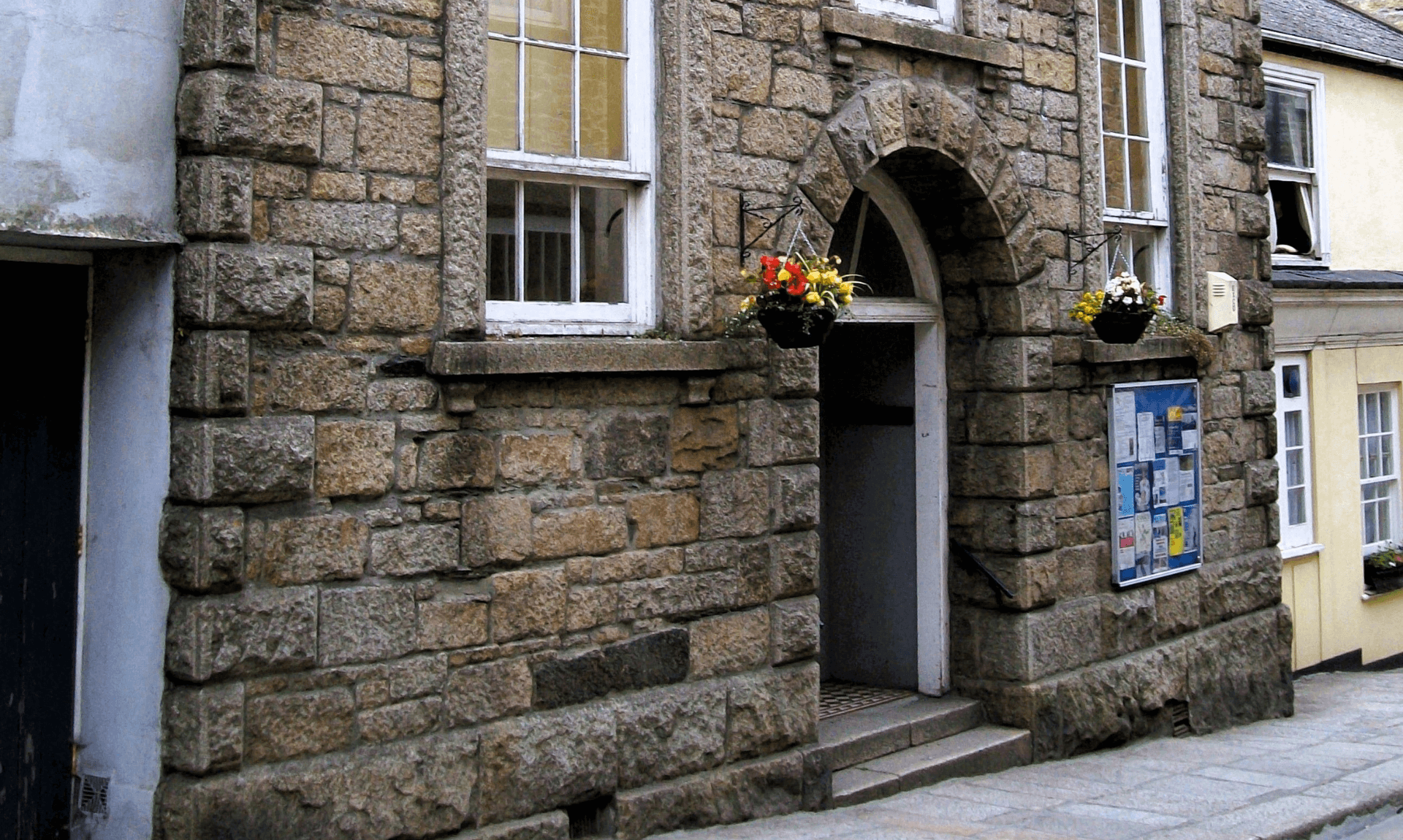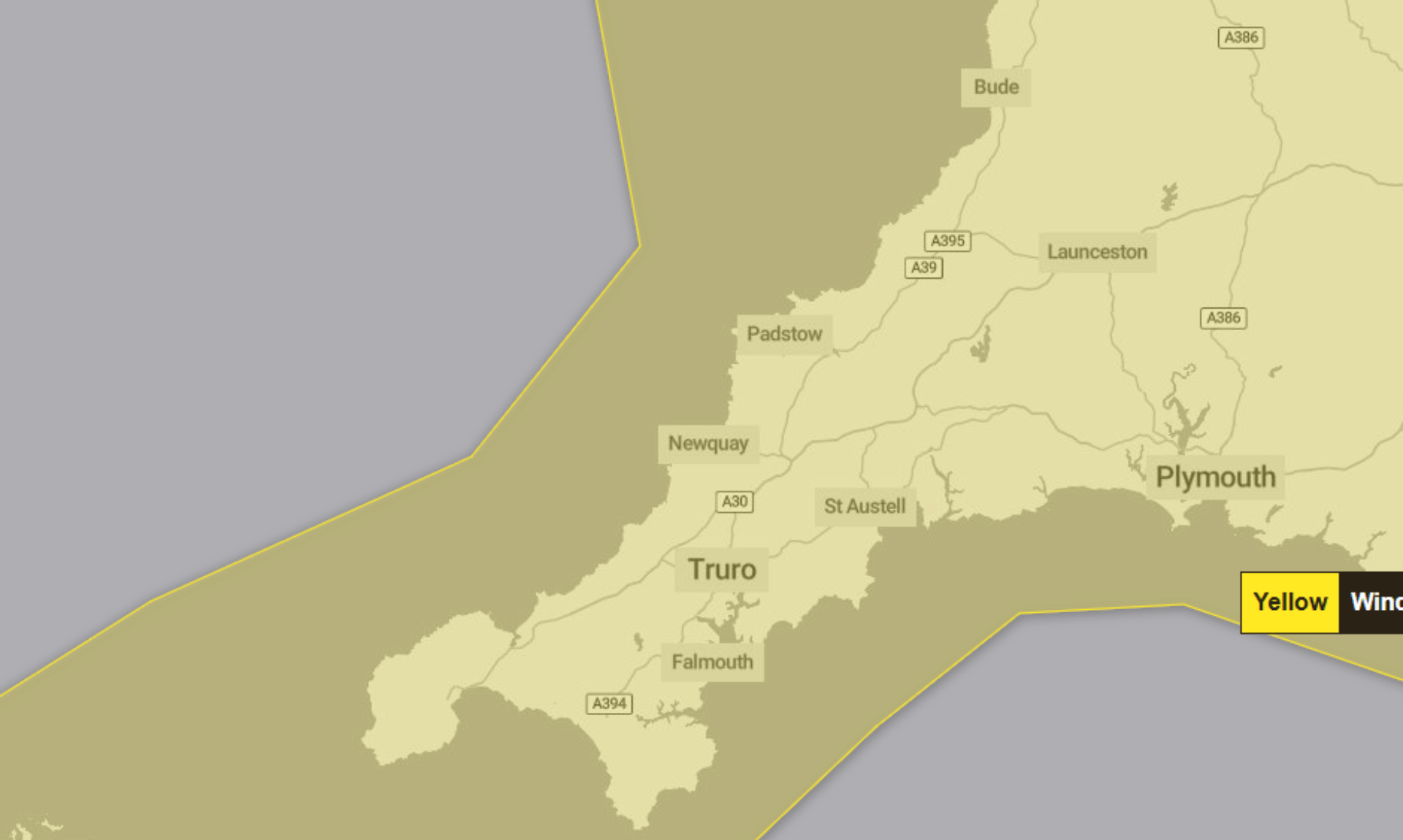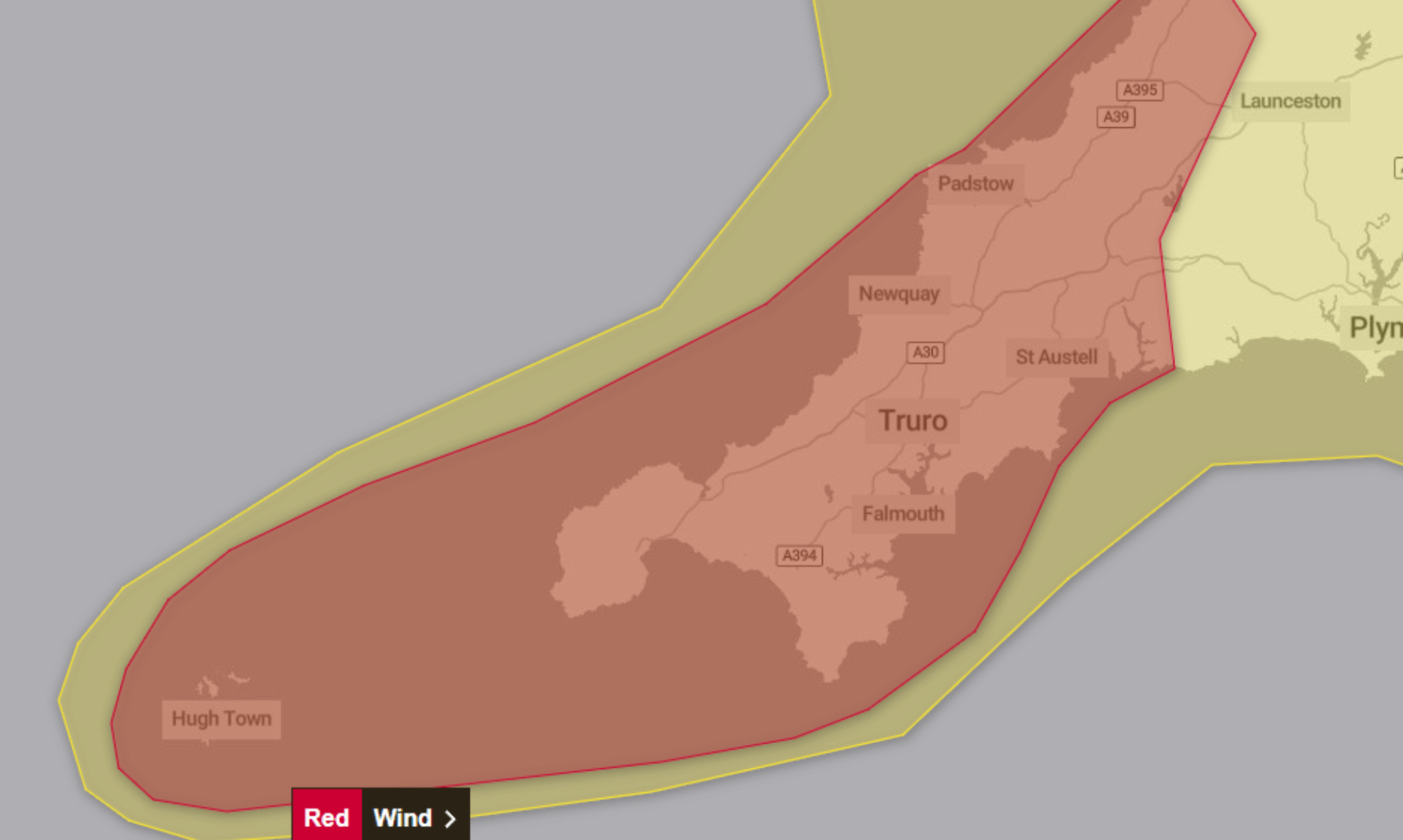Could This New Ban Stop Cornwall’s Blocked Sewers for Good?
South West Water has welcomed the Government’s decision to ban wet wipes containing plastic, calling it a key step in reducing blockages and protecting rivers, seas and wildlife.
The ban came into effect on Tuesday 18th November and stops the sale and supply of plastic wet wipes across the UK. According to South West Water, these wipes are one of the main causes of sewer blockages affecting water companies nationwide.
Richard Price, Managing Director of Wastewater Services, said the change supports the aims of South West Water’s Bin It, Don’t Block It campaign, which focuses on raising awareness and helping customers change habits at home.
Richard Price said: “We welcome the Government’s decision to ban wet wipes containing plastic. It’s a really important step forward towards reducing sewer blockages which in turn will help to further protect our rivers and seas.
“Every year across Devon and Cornwall alone, we clear thousands of blockages caused by wet wipes and fats, oils and grease. Around 7,000 in total. This ban will help reduce the number of avoidable blockages that can lead to pollution, flooding and harm to wildlife. However, even wipes that don’t contain plastic can still cause problems in our sewer network, so we continue to urge everyone to only flush the three Ps, pee, poo and paper.
“We’d also like to see the ban extended further over time to cover all types of wet wipes and other unflushable products that contribute to blockages and environmental harm. Clear labelling and stronger product standards are vital so customers know exactly what can and can’t go down the loo.
“This is a positive step towards cleaner rivers, healthier seas and a more sustainable future for everyone.”
Tackling Thousands of Blockages
In 2024 to 2025 South West Water cleared around 450 tonnes of waste from its network. Three quarters of that waste came from just two things: wet wipes and fats.
When fat, oil and grease mix in the sewer with wipes, sanitary products and food waste that is flushed or poured down drains, they can form stubborn blockages. If left long enough, these blockages can grow into giant, concrete like fatbergs.
Fatbergs can cause flooding, unpleasant odours, pollution in rivers and seas and costly damage to the sewer network.
‘Bin It, Don’t Block It’
As part of the campaign, South West Water is encouraging people to make small changes at home to help stop blockages before they begin.
Some of the tips include:
• Only flush the three Ps, pee, poo and paper.
• Put wipes, even so called “flushable” ones, in the bin.
• Never pour fats, oils or grease down the sink. Instead, collect cooled grease in a jar or tub and throw it in the bin.
• Put food scraps and coffee grounds in the bin or a food caddy.
• Dry wipe dishes before washing them to reduce grease going into drains.
More advice is available through Bin It Don’t Block It at South West Water’s website.
Share This Story, Choose Your Platform!
To keep up with the latest cornish news follow us below
Follow CornishStuff on Facebook - Like our Facebook page to get the latest news in your feed and join in the discussions in the comments. Click here to give us a like!
Follow us on Twitter - For the latest breaking news in Cornwall and the latest stories, click here to follow CornishStuff on X.
Follow us on Instagram - We also put the latest news in our Instagram Stories. Click here to follow CornishStuff on Instagram.
You Might Also Be Interested In
Don’t Miss What’s Happening in Cornwall
Join others in Cornwall by receiving the latest daily news in Cornwall, sent direct to your inbox.

